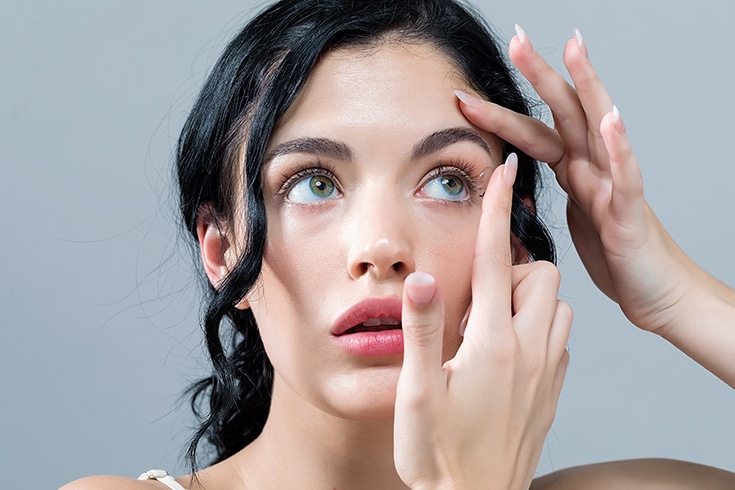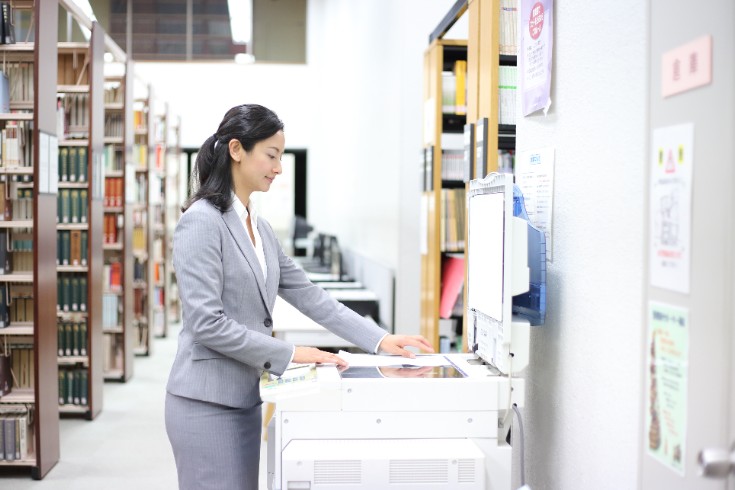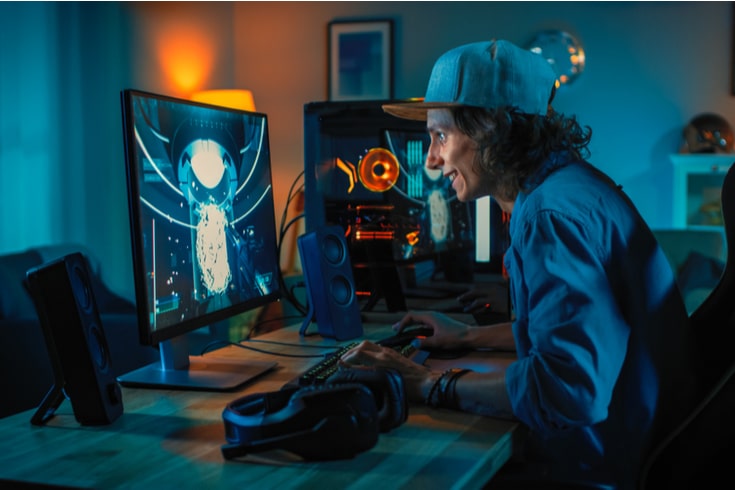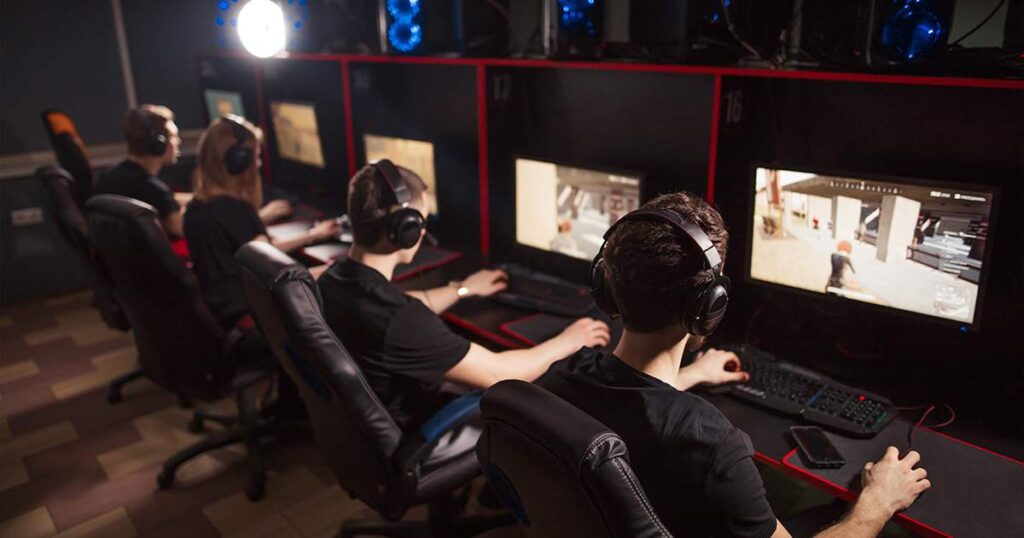Does Security Cameras Infringe on Privacy? Explaining Guidelines and Precedents
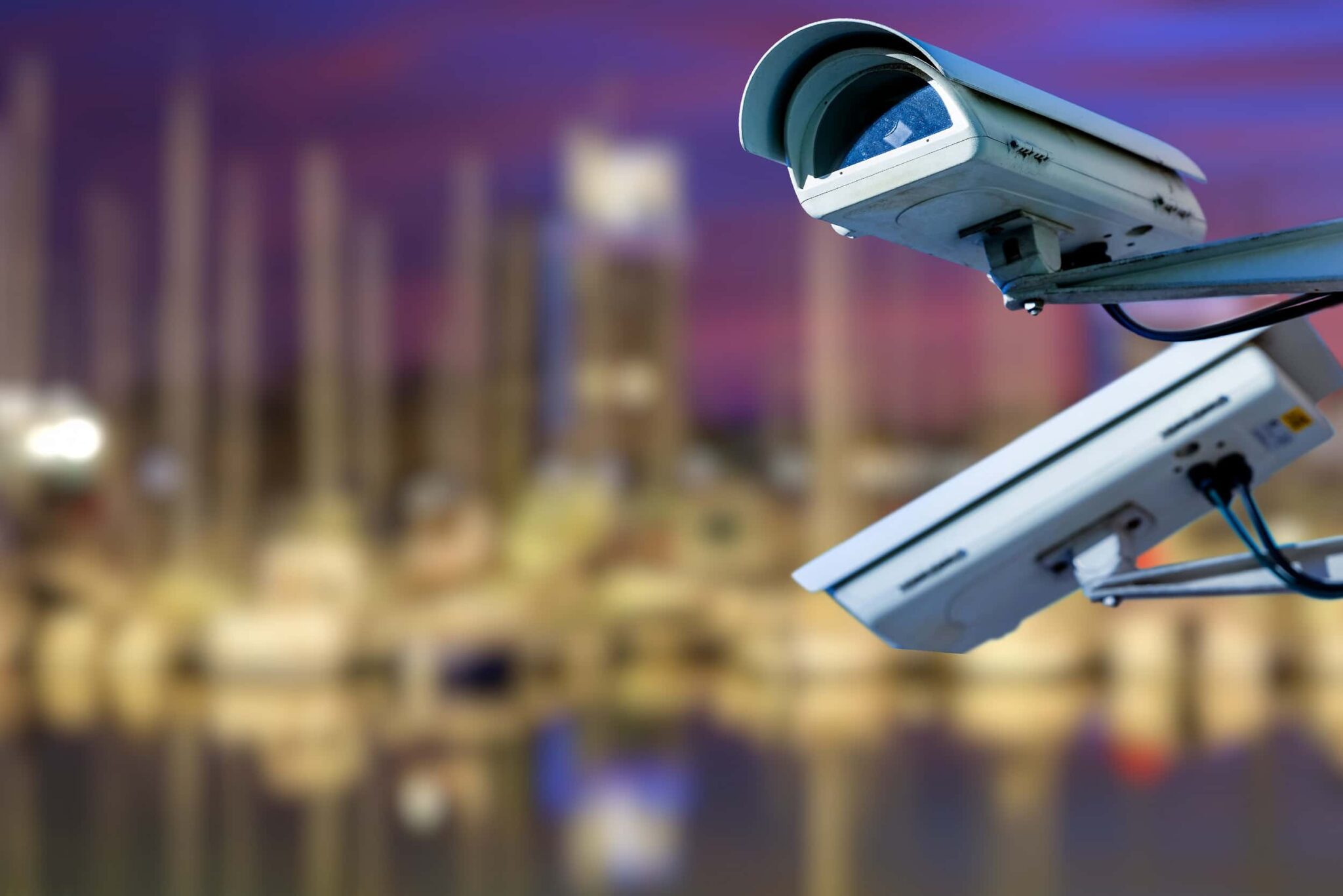
Security cameras are not only installed and used in public places such as train stations and city streets, but also in various locations such as inside convenience stores and in home gardens for crime prevention and disaster prevention purposes.
In recent years, with the advancement in the performance of security cameras, it has become possible to clearly capture even dark places and moving objects.
While this high-performance of security cameras is very useful in terms of crime prevention and disaster prevention, on the other hand, the ability to clearly photograph and record passers-by and facility users carries the risk of infringing on individual privacy.
In this article, we will explain the risks of privacy infringement due to the installation and use of security cameras, citing guidelines and precedents.
Related article: A thorough explanation of the right to privacy. What are the three infringement requirements?
Security Cameras Pose a Risk to Privacy
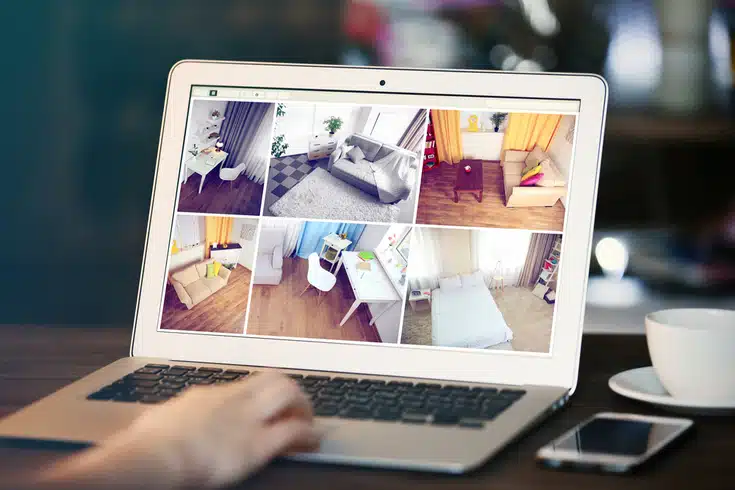
As previously mentioned, modern security cameras have become increasingly sophisticated, one of their features being the ability to capture and record in high resolution.
While the advanced capabilities of security cameras are highly effective in identifying criminals when a crime occurs, they may also capture and record more information than necessary in everyday life.
For example, if a convenience store installs a security camera near the entrance for security purposes, it is conceivable that not only the people entering and exiting the store, but also those walking nearby, could be clearly captured.
If the footage captured and recorded by a security camera can identify a specific individual, it falls under the category of “personal information” as defined by the Japanese Personal Information Protection Law. “Personal information” requires proper handling and management in accordance with the law, and failure to do so could lead to an invasion of privacy.
As can be seen from the above, the installation of security cameras can inadvertently lead to an invasion of privacy, so caution is needed in their handling.
Guidelines to Prevent Privacy Infringement by Security Cameras

Guidelines on the Protection of Personal Information by the Personal Information Protection Commission
The Personal Information Protection Commission has provided the following guidelines on the handling of personal information related to the installation of security cameras in the “Q&A on the Guidelines on the Protection of Personal Information” (Q1-12) (https://www.ppc.go.jp/files/pdf/2205_APPI_QA.pdf[Japanese]):
- Specify the purpose of using personal information as much as possible and use camera images and facial recognition data within the scope of that purpose.
- Publicize the purpose of using personal information in advance, or notify or publicize it to the person as soon as possible after obtaining the personal information.
- If the camera images obtained are used only for security purposes, it is “clear from the circumstances of acquisition” (Article 21, Paragraph 4, Item 4 of the law), so it is not necessary to publicize or notify the purpose of use.
In other words, if the purpose of use is clear, such as installing in a convenience store for security purposes only, it is not necessary to publicize the purpose of use. However, if the camera images are used for purposes other than security, it is necessary to specify and publicize the purpose of use.
For example, in cases such as:
- Managing the entry and exit of facilities in combination with a facial recognition system
- Installing cameras in each room to check the situation
- Installing for checking the situation in remote areas such as rivers and embankments
It is necessary to inform the person appearing in the image by posting a notice such as “Currently filming with a security camera”.
Security Camera Installation Standards by Municipality
Specific installation standards for security cameras are established by ordinances or guidelines in each municipality.
For example, in the “Basic Policy on the Installation of Security Cameras in Chiyoda Ward”, Tokyo, where our Monolith Law Office is located (https://www.city.chiyoda.lg.jp/documents/2185/setsubi_h29-02.pdf[Japanese]), the following are stated as “basic principles”:
- The installation and operation of security cameras should be limited to the minimum necessary to achieve the installation purpose.
- Security cameras should record public places such as roads, and should not record specific individuals or buildings. If it is unavoidable for security reasons to record images of private land, the consent of the owner, manager, user, or occupier of the land must be obtained in advance.
- Appropriate measures should be taken to protect privacy when handling images, sounds, etc. recorded by security cameras.
- Do not disclose secrets learned from the installation, management, operation of security cameras, and images, etc. without due cause.
- Hold explanatory meetings for local residents in advance and obtain their consent for the installation and operation of security cameras.
- Establish standards for the installation, operation, management, and use of images, etc. from security cameras based on this basic policy, and comply with these standards. These standards should be kept in a state where they can be disclosed at any time upon request from others.
Also, regarding the installation method and location, and the management and use of images, etc., it is stated that:
- The installation location of security cameras should be clearly indicated using signs, etc. so that everyone can recognize it.
- The storage period for images, etc. should be about 7 days, and images, etc. should not be edited or processed during storage.
- Provision and disclosure of images, etc. to the outside can only be done when based on laws and regulations or when necessary for investigations by investigative agencies.
Therefore, when installing security cameras, be sure to check the ordinances and guidelines of the municipality where the installation location belongs.
Court Cases Regarding Security Cameras and Privacy Rights

Security Cameras in Convenience Stores
There was a case where a plaintiff, who was captured on a video tape by a convenience store’s security camera, filed a lawsuit for damages based on tort, claiming that his portrait rights and privacy rights were violated by the store owner who had submitted the video tape to the police for investigative cooperation.
In this lawsuit, the following points were disputed:
- Whether it was illegal for the defendant to film the plaintiff with a security camera and record it on the video tape in question
- Whether it was illegal for the defendant to submit the video tape to the police
The points of contention were each of these actions.
Related article: Explaining the Criteria and Process for Damages Claims in Cases of Infringement of Portrait Rights
About the Installation and Filming/Recording of Security Cameras
The court acknowledged that an individual shopping in a store should be allowed to not want others to know about their product selection and behavior in the store, and that being filmed without consent in the store is not only an infringement of portrait rights, but also an infringement of privacy rights.
On the other hand, the court stated that “the portrait rights etc. possessed by an individual can be limited in certain cases”, and
When considering the case of a customer who visits a store for shopping, the customer has the above-mentioned portrait rights etc., but the store owner is allowed to take certain measures in the store to ensure the safety of the life and body of the visiting customers and employees, and to protect their property.
Considering that customers usually have a wide range of choices as to which store to use, it is recognized that store owners have a wide discretion as to what measures to take, taking into account the various circumstances of the store in question.
Nagoya District Court, July 16, 2004 (Heisei 16)
The court recognized the wide discretion of the convenience store owner regarding measures such as the installation of security cameras, and stated that whether the installation and filming/recording of security cameras in the store is allowed or not needs to be considered in light of the appropriateness and necessity of the purpose.
Then, mentioning the increase in shoplifting etc. in convenience stores, the court judged that the purpose of installing and filming/recording security cameras in the store is to deal with crimes such as shoplifting, and that this purpose is appropriate and necessary, and therefore not illegal.
About Voluntarily Submitting the Video Tape Recording of the Security Camera to the Police
Next, the court stated that even if the appropriateness and necessity of the purpose are recognized, it is not allowed to use the video tape that sequentially films the visiting customers for purposes that deviate from the above purpose, and even if the police ask for cooperation, it may be judged as illegal when it significantly deviates from the above purpose.
Then, in this case, the court ruled that the convenience store owner’s submission of the filming tape to the police was not illegal, as it could not be said to have deviated from the above purpose, given that the convenience store owner was not aware that the crime under investigation and the convenience store in question were unrelated.
Security Cameras Installed in the Hallways of a Building
There was a case where four residents, the plaintiffs, claimed that their privacy was illegally violated by four cameras installed in the hallway of a continuous building by the defendant. They demanded the removal of the cameras and compensation for damages from the defendant.
The court ruled that for three of the cameras, the filming range did not include areas near the plaintiffs’ living room entrances or hallways, which are routes to public roads. Therefore, it could not be recognized that they included the purpose of monitoring the plaintiffs. The court concluded that the plaintiffs’ privacy was not violated beyond the tolerable limit in social life.
However, for the remaining one camera (Camera 1 in this case), the court acknowledged that a person standing near the entrance could be seen quite clearly, although not enough to identify the face. It was also possible to recognize on the video that at least someone was passing by near the entrance, although not as clearly as mentioned above.
The filming by Camera 1 is always being conducted, and the plaintiffs’ daily life, such as going out and returning home, is always being grasped. This results in an infringement of the plaintiffs’ privacy that cannot be overlooked. On the other hand, the defendant claims that the installation of Camera 1 is intended to prevent crime by filming the south window of the first-floor room of the defendant’s building and its vicinity. However, there are other alternative measures for window security, such as installing double locks. Considering these various circumstances, the infringement of the plaintiffs’ privacy due to the installation of Camera 1 and the filming associated with it exceeds the tolerable limit in social life.
Tokyo District Court, November 5, 2015 (Heisei 27)
The court recognized the violation of privacy and ordered the removal of one of the four cameras and awarded each plaintiff 100,000 yen (a total of 400,000 yen for the four plaintiffs) in consolation money.
Although the consolation money of 100,000 yen per person may seem low, it is believed that the following factors were considered:
- Although the filming range of Camera 1 covers places where the plaintiffs’ privacy should be protected, these places are outdoor hallways, not private spaces.
- The maliciousness is lower compared to when the cameras are installed for surveillance purposes.
- The filmed footage is automatically overwritten and deleted after about two weeks, and the footage is not permanently saved or managed.
These factors were taken into account.
Installation of CCTV Cameras Due to Emotional Disputes
A case arose where two houses adjacent to each other across a private road became embroiled in a neighborhood dispute due to minor noise disturbances such as walking or cycling on the private road. The conflict escalated when one of the houses installed multiple CCTV cameras, leading to a dispute over whether the installation of these cameras constituted an invasion of privacy.
Furthermore, the defendant couple used the content collected by the cameras to write defamatory articles about the plaintiff couple on their website. This led to a dispute over whether this constituted defamation and an infringement of their honor and dignity.
Regarding the invasion of privacy, the court ruled that although the private road is not part of the plaintiff’s property, it is a space closely related to their daily life and an extension of their home. Therefore, it would not be reasonable to consider it a place where privacy does not need to be protected.
As for the defendant couple’s claim that the cameras were installed for security purposes, the court acknowledged that even if there were elements of security purposes, continuous surveillance in a manner that infringes on the privacy of the plaintiff couple exceeds the degree of disadvantage that should be tolerated in society. Therefore, the court recognized this as an invasion of privacy.
Related article: Online Defamation and Privacy Infringement
Consequently, the court ordered the defendant to pay a total of 300,000 yen to the plaintiff husband (100,000 yen for invasion of privacy and 200,000 yen for defamation) and a total of 600,000 yen to the plaintiff wife (100,000 yen for invasion of privacy, 300,000 yen for defamation, and 200,000 yen for infringement of honor and dignity), totaling 900,000 yen.
Regarding the removal of the cameras requested by the plaintiff, the court stated:
“The installation of the cameras in question by the defendants is illegal as it infringes on the privacy of the plaintiffs. Therefore, the plaintiffs can request the removal of the cameras in question as a request for the elimination of interference based on the right to privacy.”
Tokyo District Court, May 11, 2009 (2009)
The court accepted the request and also stated:
“Considering the history of the trouble between the plaintiffs and the defendants, it can be recognized that there is a concrete danger that the defendants will infringe on the privacy of the plaintiffs by installing new CCTV cameras and filming the plaintiffs’ house and the private road after removing the cameras in question. Therefore, the plaintiffs can also request the defendants to prohibit the installation of CCTV cameras that include the plaintiffs’ house and the private road in the filming range in the future as a request for prevention of interference based on the right to privacy.”
Ibid
As a result, the court prohibited the installation of new CCTV cameras. Continuous surveillance that infringes on privacy through CCTV cameras is not permissible.
Avoiding Privacy Issues Related to Security Cameras

Adhere to Guidelines
To avoid privacy violations through the use of security cameras, first and foremost, it is important to adhere to the guidelines set forth by the Personal Information Protection Commission, such as the ‘Guidelines on the Protection of Personal Information’ (Japanese ‘個人情報の保護に関する法律についてのガイドライン’), and the standards for installing security cameras set by each city and town.
Display a “Security Camera in Operation” Sign
While it may not be mandatory to display a sign stating “Security Camera in Operation” if the purpose is for security, it is generally recommended to do so, either in-store or online.
Prevent Leakage of Recorded Footage
Take great care to prevent the recorded footage from being leaked to the internet or third parties. One example of a preventive measure is to change the login ID and password of the camera recorder and database from the initial settings to more complex ones with higher security.
Not only should you be cautious about leaks to the outside, but also within the organization. To prevent misuse by employees, it is important to establish a privacy policy and actively engage in awareness-raising activities, such as conducting training to improve literacy.
Summary: Ensure to Check Guidelines When Installing Security Cameras

Security cameras, which are widely used in modern life, can potentially infringe on privacy if not properly installed and managed in accordance with guidelines. When using security cameras, it is crucial to check the guidelines and handle the situation carefully.
Furthermore, there may be instances where your privacy is violated by someone else’s security camera. If you encounter any issues related to security cameras, we recommend consulting with a lawyer.
Introduction to Our Firm’s Measures
Monolith Law Office is a legal office with high expertise in both IT, particularly the Internet, and law. In recent years, overlooking information related to reputational damage and slander spread on the Internet can lead to serious harm. Our firm provides solutions for managing reputational damage and online crises. Details are provided in the article below.

